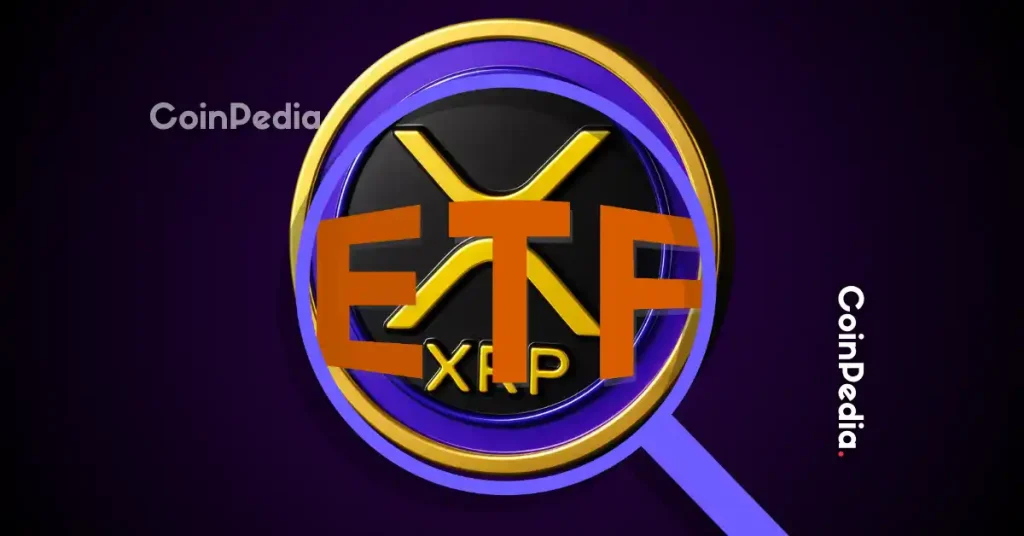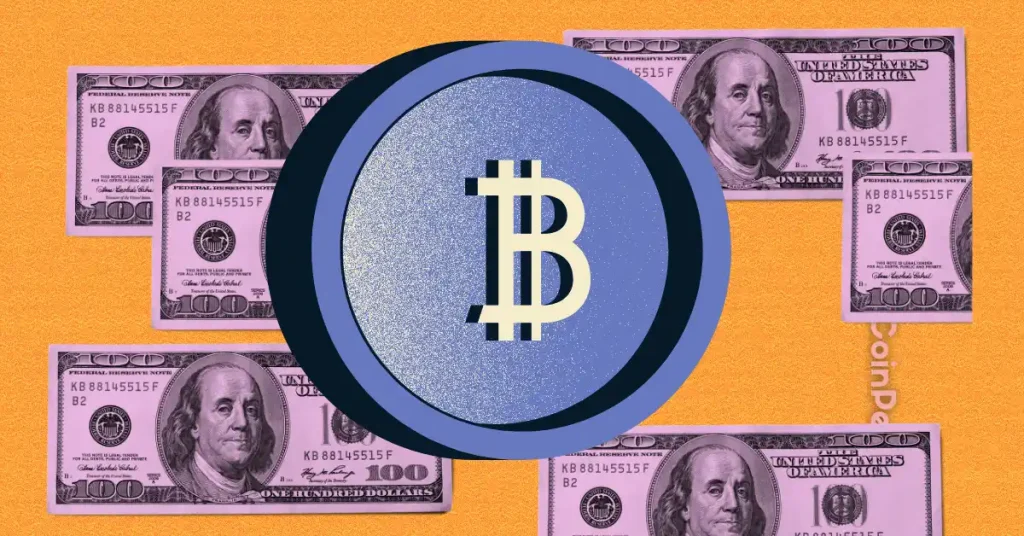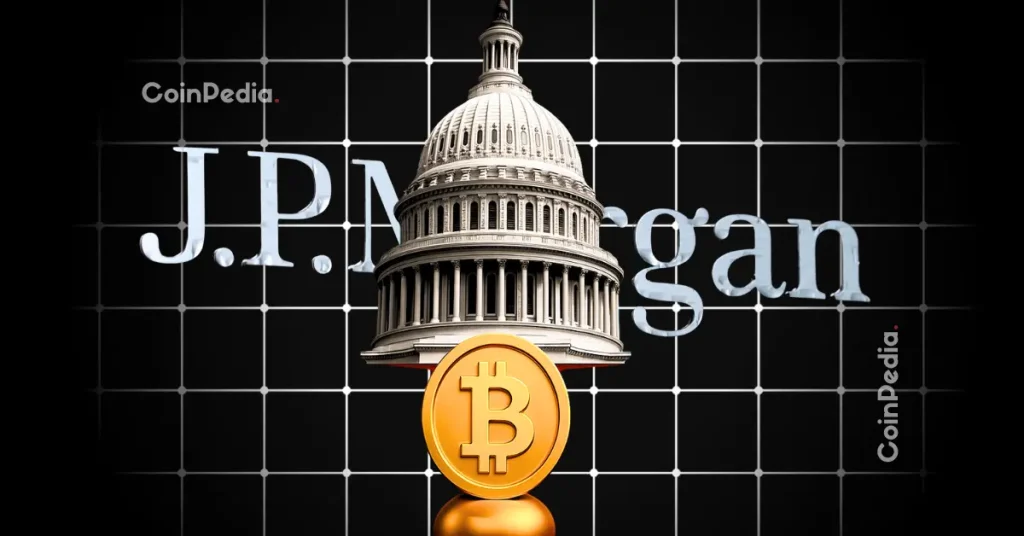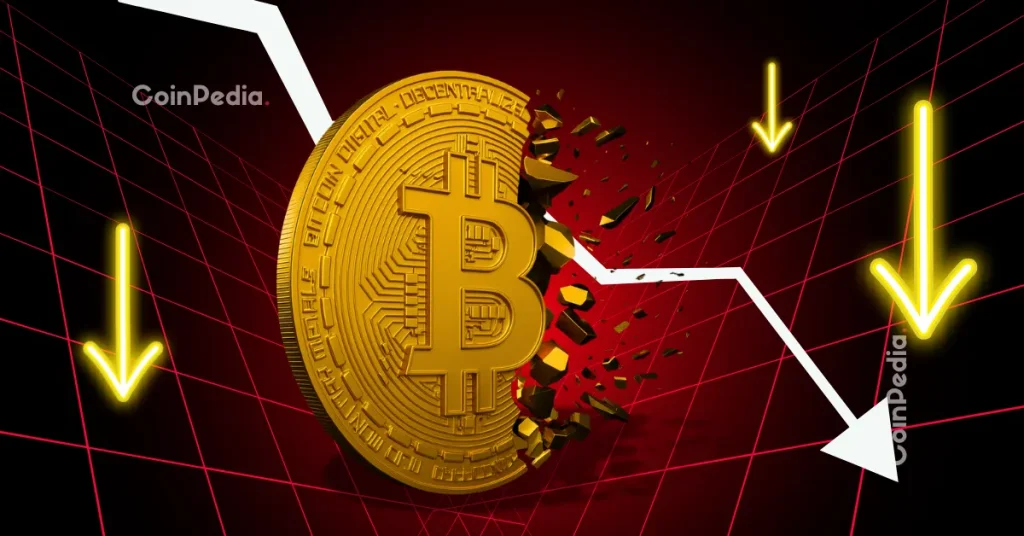October 17, 2025 marks a pivotal moment for the stablecoin landscape as Tether, the issuer of the world’s largest stablecoin USDT ($1.00), announced a significant asset freeze. A total of 13.4 million USDT, spread across 22 distinct wallet addresses, has been rendered inaccessible. This move, while not unprecedented for Tether, reignites the perennial debate about centralization versus decentralization, highlighting the company’s powerful role in enforcing financial compliance within the crypto sphere and its ongoing response to global regulatory pressures.
The Scope of the Latest Freeze
Tether confirmed the freezing of substantial USDT sums, totaling $13.4 million, across 22 specific addresses identified through collaborative efforts with law enforcement agencies. These addresses are typically flagged for activities ranging from sanctions violations and fraud to money laundering. Such actions underscore Tether’s proactive stance in combating illicit financial flows, acting as a gatekeeper in an ecosystem often lauded for its permissionless nature.
- Total Frozen Amount: 13.4 million USDT
- Affected Addresses: 22 distinct wallets
- Reported Reasons: Law enforcement requests related to illicit activities
- Impact: Funds become irrecoverable and untransferable by the original holders
Centralization’s Double-Edged Sword
The ability to unilaterally freeze assets is a potent feature of centralized stablecoins like USDT. For proponents of traditional finance and regulators, this capability is a critical tool for maintaining financial integrity, preventing abuse, and integrating digital assets into a compliant global system. It offers a clear pathway for legal recourse and asset recovery that is absent in truly decentralized protocols. However, for many within the crypto community, this represents a fundamental contradiction to the ethos of decentralization, censorship resistance, and individual financial sovereignty that blockchain technology was designed to champion. The power held by a single entity to control user funds, even for legitimate reasons, remains a significant point of contention.
Navigating the Regulatory Tightrope
In an increasingly regulated global financial environment, Tether’s actions can be viewed as an inevitable step toward legitimacy and broader institutional adoption. As governments worldwide scrutinize stablecoins more closely, issuers face immense pressure to demonstrate robust Know Your Customer (KYC) and Anti-Money Laundering (AML) frameworks. By executing these freezes, Tether showcases its commitment to adhering to international financial regulations, potentially paving the way for greater acceptance by traditional financial institutions and mitigating systemic risks often associated with unregulated crypto markets. Yet, this compliance often comes at the cost of the very principles many crypto users value.
Implications for User Trust and the Broader Market
The latest freeze is likely to elicit mixed reactions. For some, it reinforces confidence in USDT as a ‘safe’ stablecoin that adheres to legal frameworks, making it a more palatable option for institutional players. For others, particularly those focused on privacy and autonomy, it serves as a stark reminder of the inherent risks of holding centralized assets, potentially pushing them towards more decentralized alternatives or privacy-centric solutions. The event could also spur renewed interest in decentralized stablecoins or those with more transparent and community-governed asset management policies, fueling innovation in censorship-resistant finance.
Conclusion
Tether’s freeze of $13.4 million USDT across 22 addresses is more than just a security measure; it’s a profound statement on the evolving nature of digital finance. It underscores the delicate balance between regulatory compliance and the foundational tenets of decentralization that define the crypto space. As the industry matures, the tension between these forces will continue to shape how stablecoins operate, how users interact with them, and ultimately, their role in the global economy of tomorrow.
The post Tether Freezes $13.4M USDT Across 22 Addresses: A Deep Dive into Centralized Control & Regulatory Imperatives appeared first on FXcrypto News.


















![Why Crypto Is Down Today [Live] Updates On November 14,2025](https://image.coinpedia.org/wp-content/uploads/2025/11/14122956/Why-Crypto-Is-Down-Today-Live-Updates-On-November-142025-1024x536.webp)
 24h Most Popular
24h Most Popular







 Utilities
Utilities